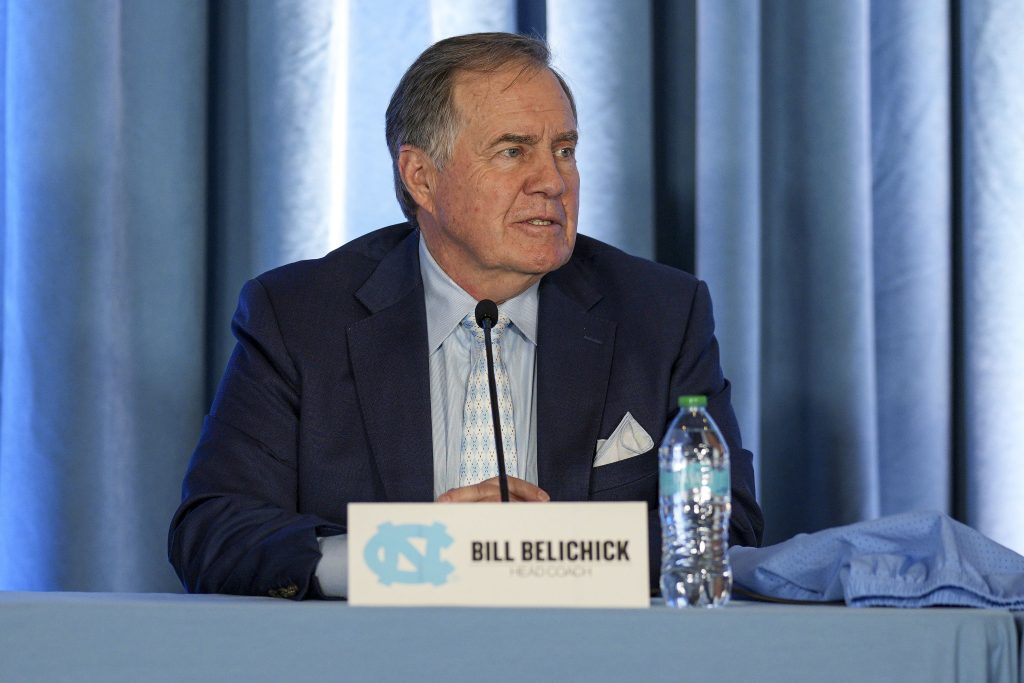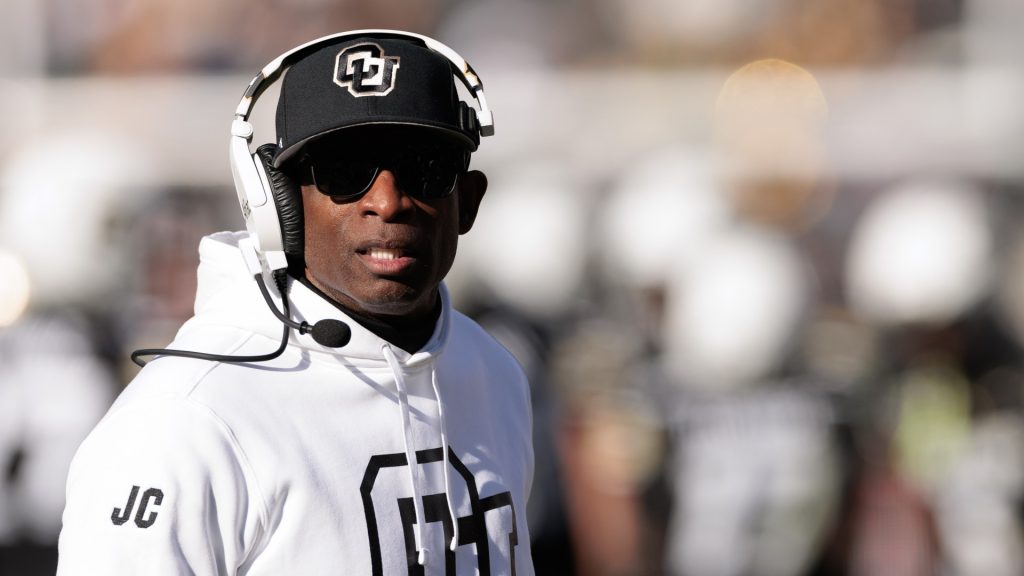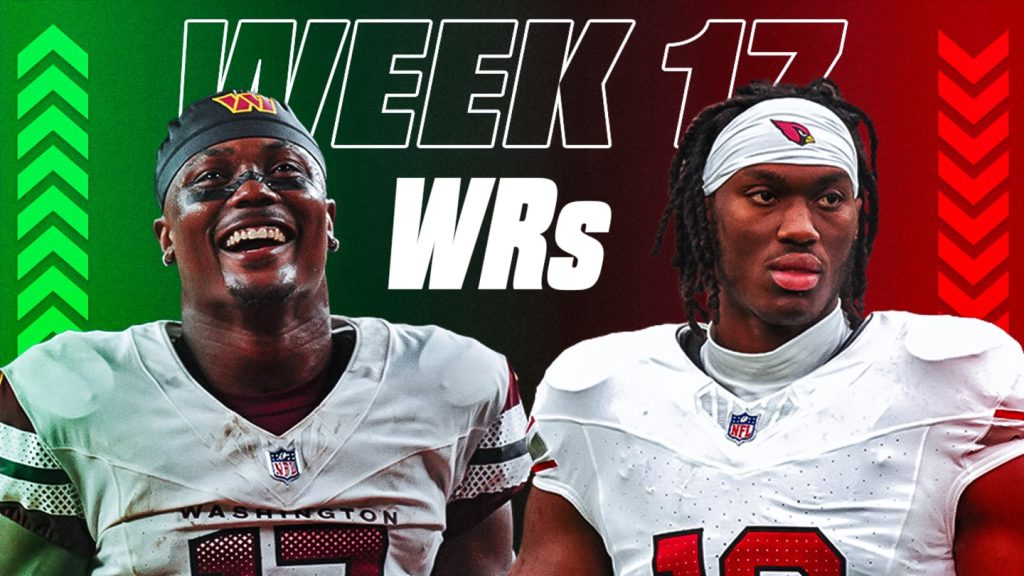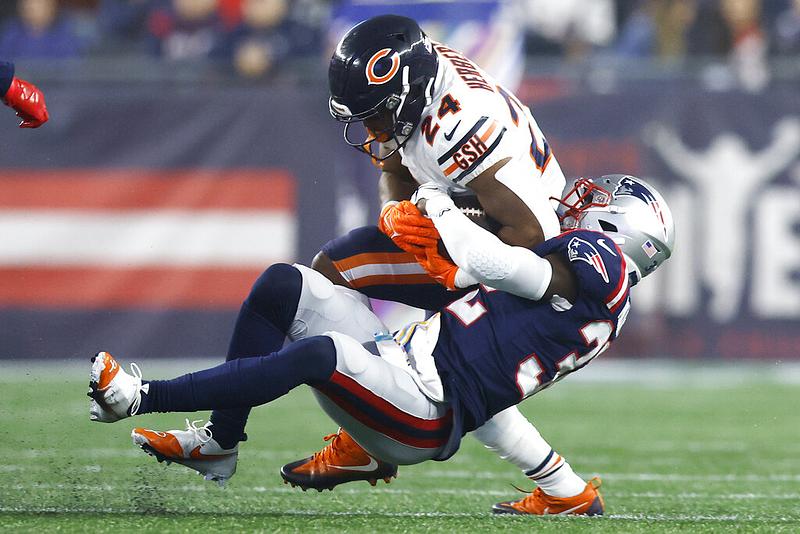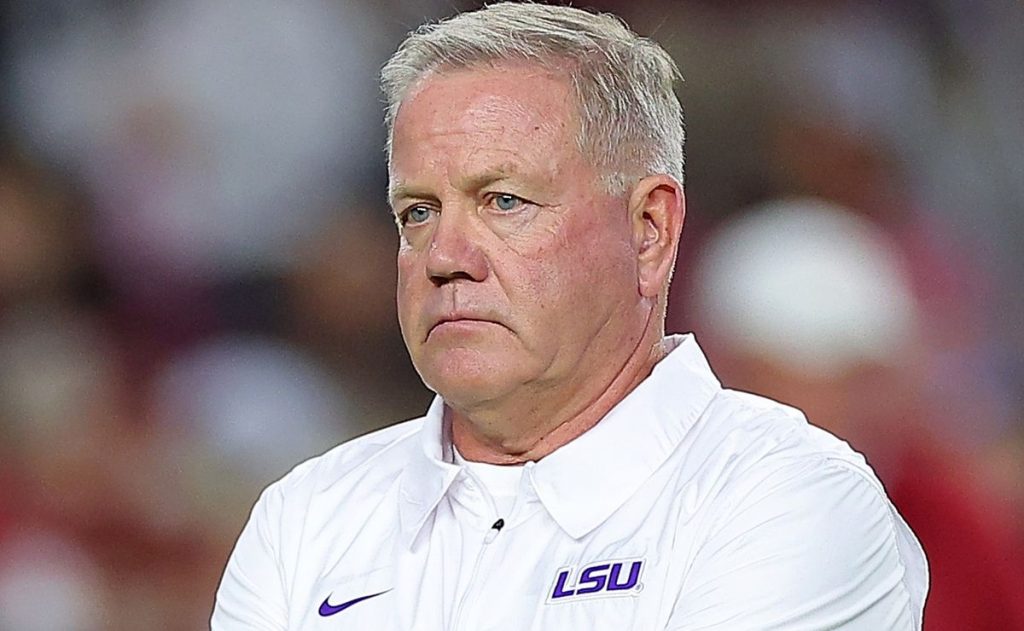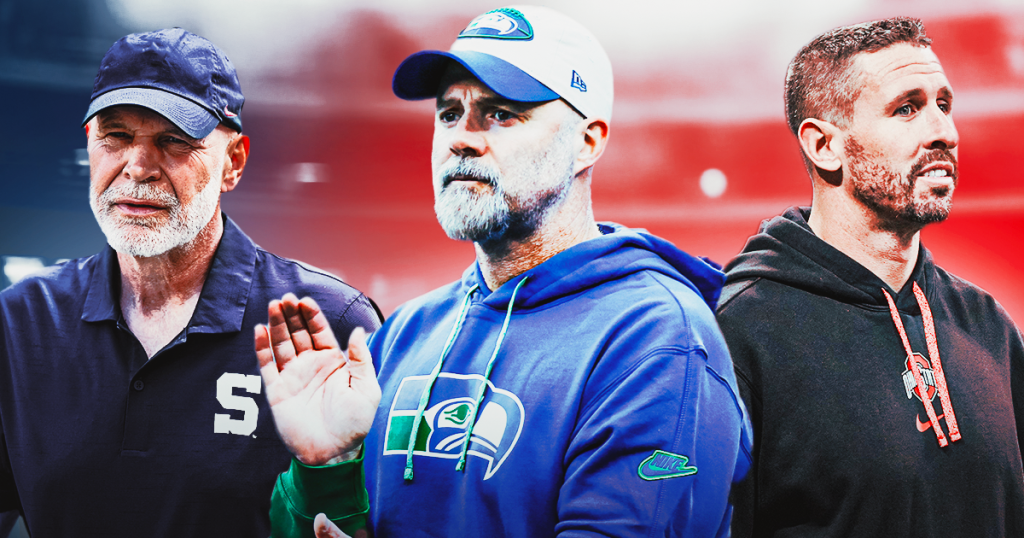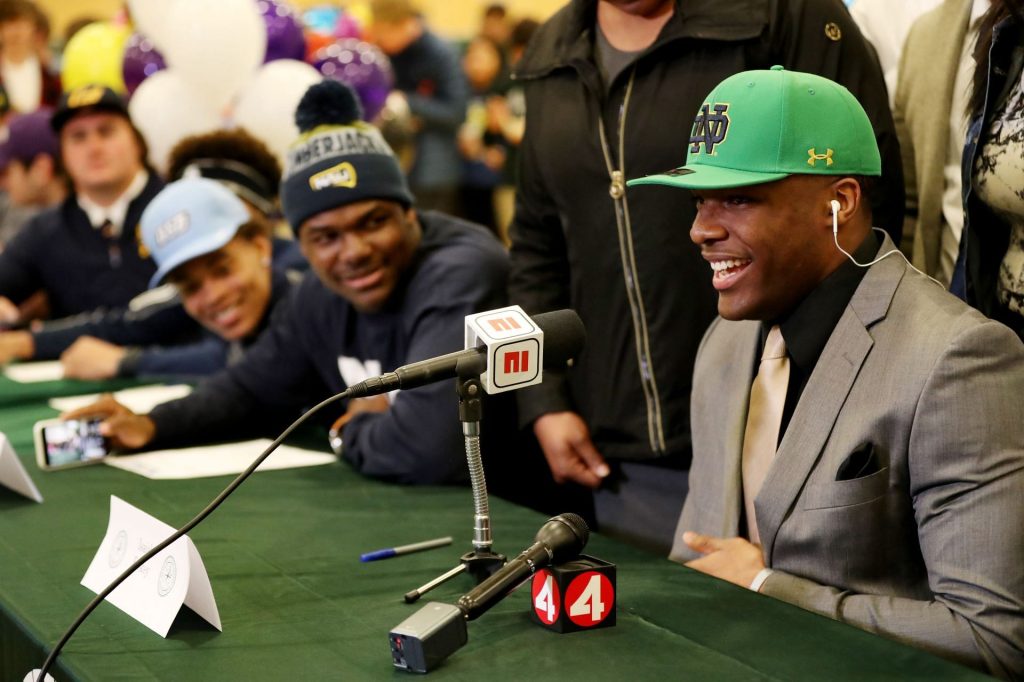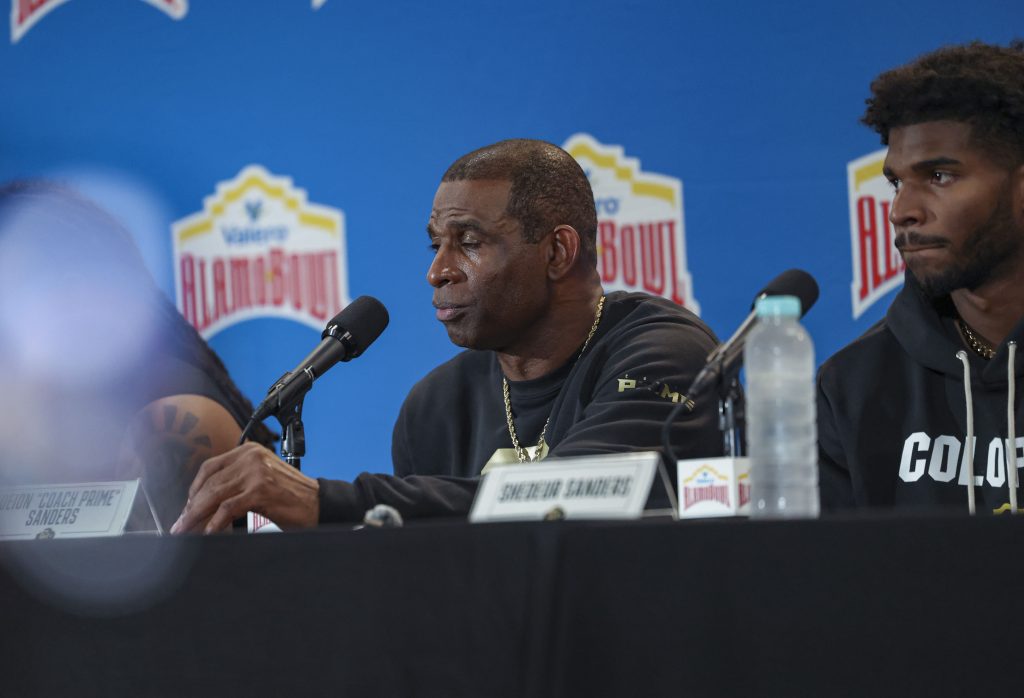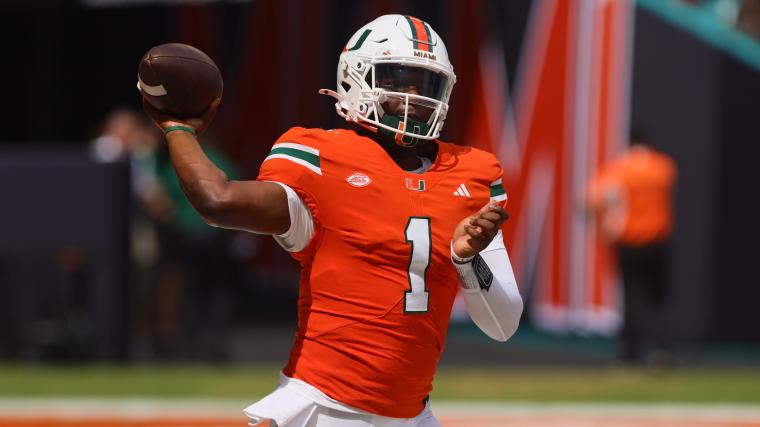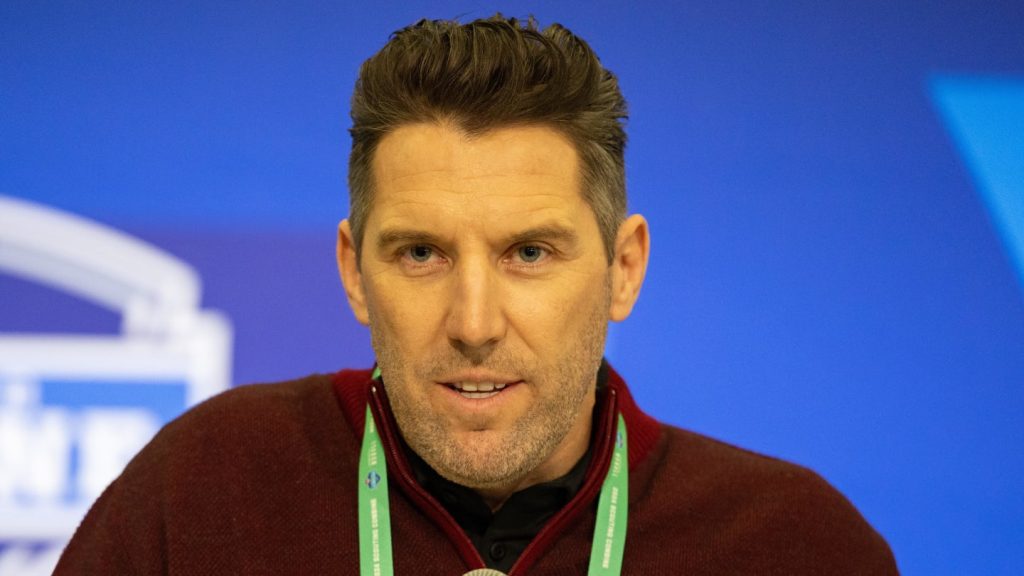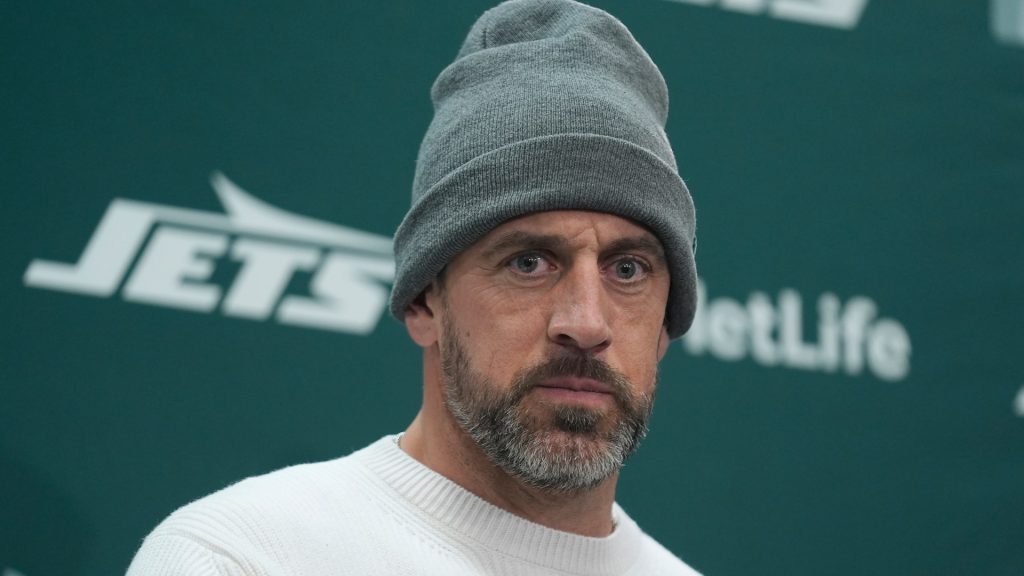North Carolina Tar Heels coach Bill Belichick is a name synonymous with success in the world of football. While he is celebrated for his six Super Bowl victories with the New England Patriots, his journey began as a defensive coordinator with the New York Giants. Under the mentorship of Bill Parcells, Belichick laid the groundwork for what would become a legendary coaching career.
The Legacy of the 1990 NFC Championship Game
One of the defining moments in Belichick’s coaching legacy occurred during the 1990 NFC Championship game. The Giants faced off against the formidable San Francisco 49ers, who were the two-time defending Super Bowl champions. The game was a nail-biter, and the Giants managed to edge out the 49ers with a score of 15-13, securing their spot in Super Bowl XXV.
As the game unfolded at San Francisco’s Candlestick Park, the tension was palpable. The Giants and 49ers were locked in a fierce battle, with both teams showcasing their defensive prowess. A pivotal moment came in the fourth quarter when Leonard Marshall delivered a crushing blindside hit to Joe Montana, forcing him out of the game. This hit was not just a physical blow; it was a turning point that shifted the momentum in favor of the Giants.
Belichick’s Defensive Strategy
Reflecting on that critical moment, Belichick shared insights into his defensive philosophy. “We’re talking there on the sideline saying, ‘Look, we gotta get the ball, and if we get the opportunity — and who knows whether it’s gonna be from the front, from the side, from the back, which technique — but just that mentality,” he explained. This mindset of seizing opportunities is what defined the Giants’ defense that day.
John Madden, the legendary broadcaster, echoed this sentiment during the game. “It was good defense down field,” he remarked. “They knocked him out of the rhythm, and he really took a shot in that back.” Madden’s commentary highlighted the effectiveness of the Giants’ defensive strategy, which was crucial in disrupting the 49ers’ game plan.
The Game-Changing Play
The moment that sealed the Giants’ victory came when Roger Craig, the 49ers’ running back, fumbled the ball under pressure from the Giants’ defense. Lawrence Taylor, one of the greatest linebackers in NFL history, was quick to pounce on the loose ball. This turnover was a testament to Belichick’s coaching, emphasizing the importance of being opportunistic on defense.
With the momentum swinging in their favor, the Giants’ quarterback, Jeff Hostetler, led the team down the field. Matt Bahr’s 42-yard field goal as time expired clinched the victory for New York, sending them to the Super Bowl. Belichick fondly recalled, “Those are the kinda plays we want to remember ourselves as, and that game — in the biggest game — it was one of the biggest plays.”
Super Bowl XXV: A Defensive Masterclass
Fast forward to Super Bowl XXV, where the Giants faced the Buffalo Bills. This game is etched in history not just for its thrilling finish but also for the defensive showdown that unfolded. The Bills, who had scored a staggering 44 points in their divisional-round win over Miami and 51 points in the AFC Championship, were expected to dominate. However, Belichick’s defense had other plans.
In a game that showcased the brilliance of defensive strategy, the Giants limited the high-powered Bills offense to just 19 points. The culmination of the game came down to a last-second field goal attempt by Scott Norwood, which famously sailed wide right. This moment is forever ingrained in the memories of Bills fans, but for Belichick, it was a validation of his defensive game plan.
Belichick’s Evolution as a Coach
Following his success with the Giants, Belichick moved on to coach the Cleveland Browns in 1991, where he remained until 1995. His time in Cleveland was marked by ups and downs, but it was clear that the foundation he built with the Giants had set the stage for his future triumphs. The lessons learned during those early years would prove invaluable as he returned to the NFL as a head coach.
Belichick’s ability to adapt and evolve as a coach has been a hallmark of his career. He has consistently demonstrated a keen understanding of the game, focusing on both offensive and defensive strategies. This adaptability has been a key factor in his success, allowing him to build championship teams in various eras of football.
The Impact of Belichick’s Coaching Philosophy
Belichick’s coaching philosophy extends beyond just winning games; it encompasses a deep understanding of teamwork, preparation, and execution. His emphasis on film study, situational awareness, and adaptability has influenced countless players and coaches. The legacy of his time with the Giants, particularly during the 1990 NFC Championship and Super Bowl XXV, continues to resonate in the football community.
As we reflect on Belichick’s journey from the sidelines of the Giants to the pinnacle of NFL coaching, it’s clear that his impact on the game is profound. His ability to forge winning teams and his commitment to excellence have solidified his status as one of the greatest coaches in football history. The lessons learned during those early years with the Giants remain a testament to his enduring legacy in the sport.

